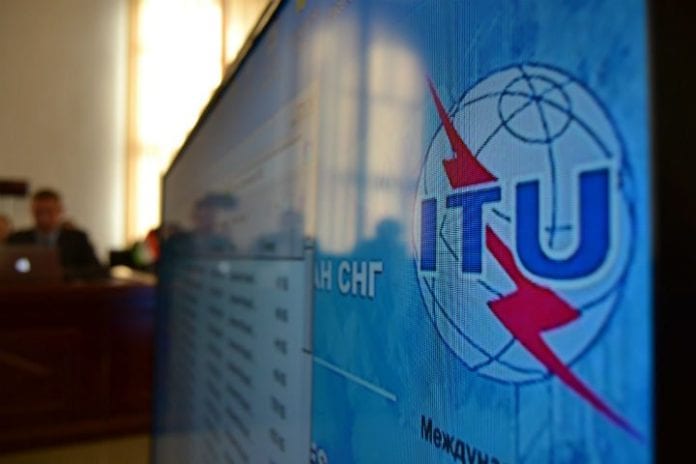ITU members at the World Telecommunications Standardization Assembly call for expanded study of wireline advances in support of “smart 5G systems.”
The International Telecommunications Union’s plans for “5G” technology are set to include a greater focus on innovation outside the traditional wireless model in order to meet the growing demand being placed on the next evolution of mobile networks.
At the recent World Telecommunications Standardization Assembly 2016 event in Tunisia, ITU members called for the organization to expand its study of wireline network advances in support of “smart 5G systems.” The reported 1,000 delegates from 92 countries also called on the ITU to continue its standardization work on high-speed transport networks, the “internet of things,” video technologies and smart city initiatives.
The meeting, which takes place every four years, looks to tackle standardization topics it views as critical to continued development of the information and communication technology space. In addition, the group oversees the structure and working methods of the ITU Telecommunications Standardization Sector, elects leadership to the ITU-T groups and reviews the ITU-T’s collaboration efforts.
ITU members also encouraged standardization efforts to increase digital financial inclusion; look into mobile roaming fees; strengthen consumer protection and ICT service quality; and asked for standardization to support the use of “cloud computing to record event data from aircraft, vehicles and other connected machinery.”
As part of its adoption of 15 new resolutions and revising 31 resolutions, the group revised a pair of the A series ITU-T recommendations targeting guidance of the ITU-T’s work, and approved five ITU standards on international mobile roaming and internet exchange points.
“Our members have worked tirelessly to reach agreement on the future shape of ITU-T, ensuring that it is fit for purpose to deliver standards capable of providing an equitable basis for ICT innovation worldwide,” said Chaesub Lee, director of the ITU Telecommunications Standardization Bureau, in a statement. “ITU-T has emerged from WTSA-16 in a strong position to support the development of the trusted ICT infrastructure essential to the success of smart 5G systems supported by ultra-high-speed transport networks, the ‘internet of things’ and smart sustainable cities.”
The ITU is currently working on setting standards for 5G technologies, which are expected to be finalized by 2020.
Bored? Why not follow me on Twitter

